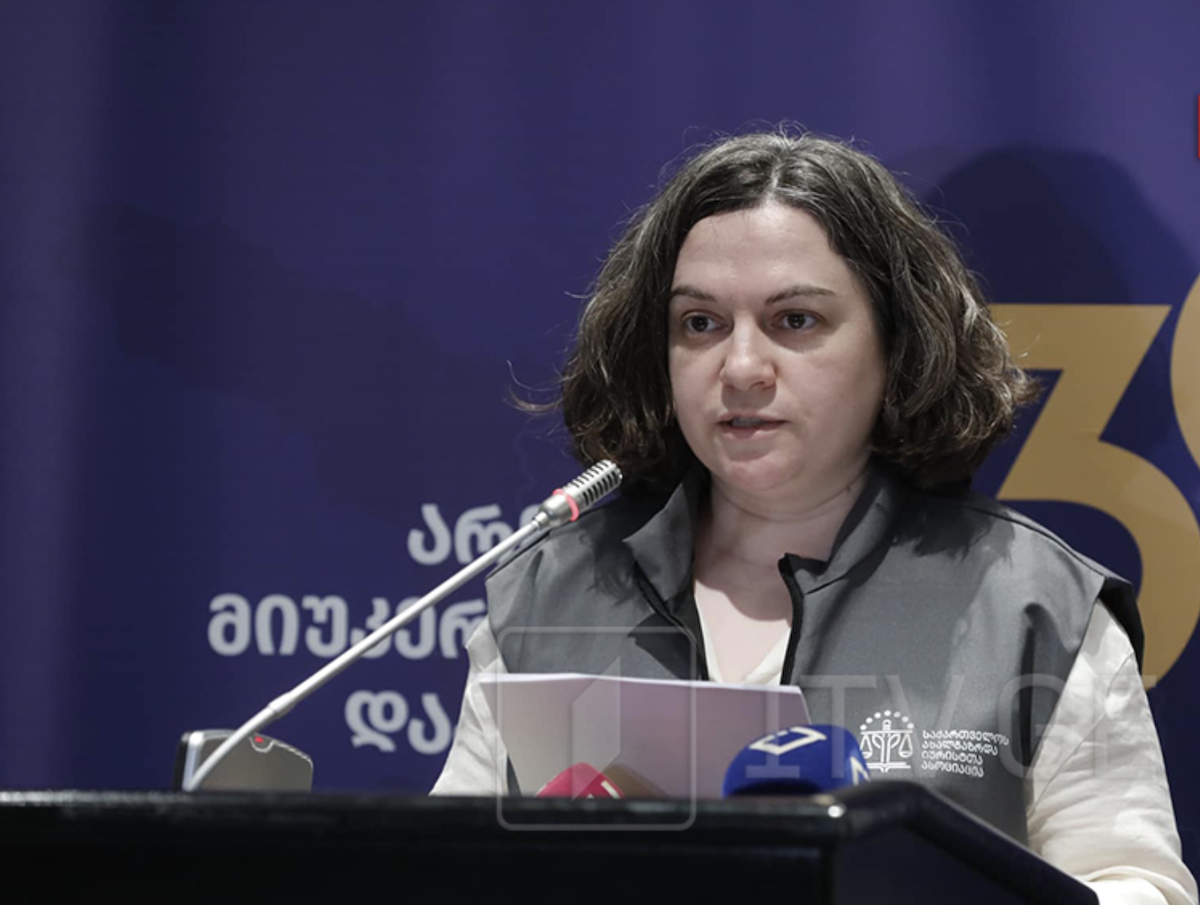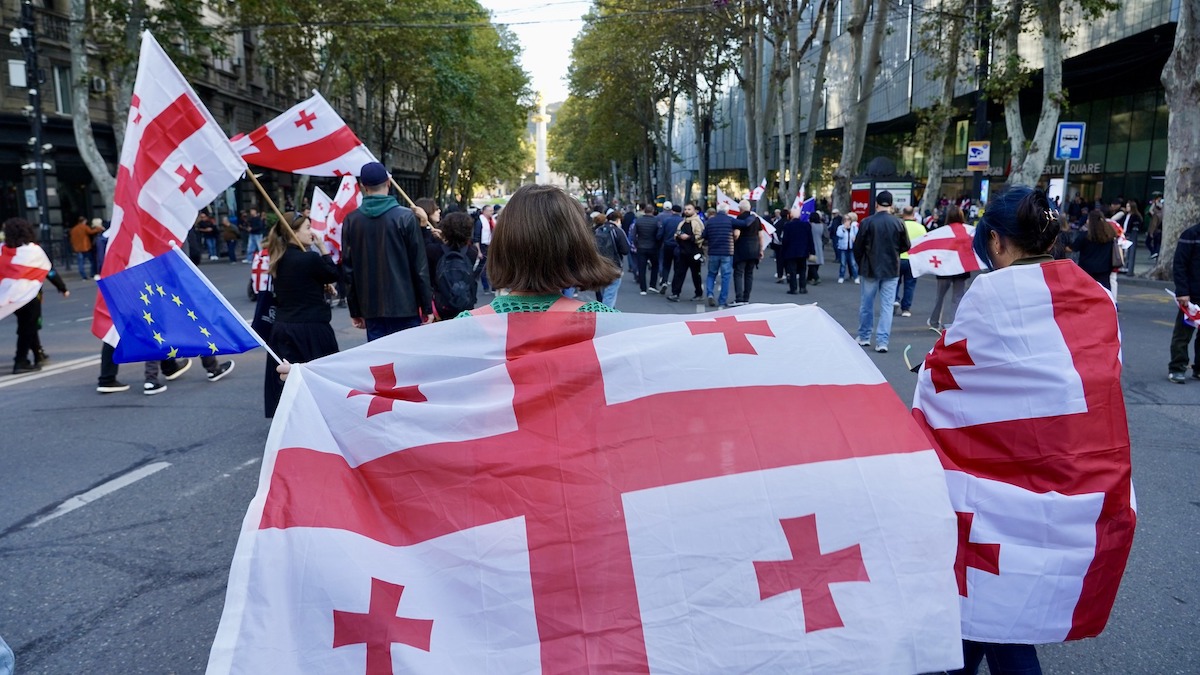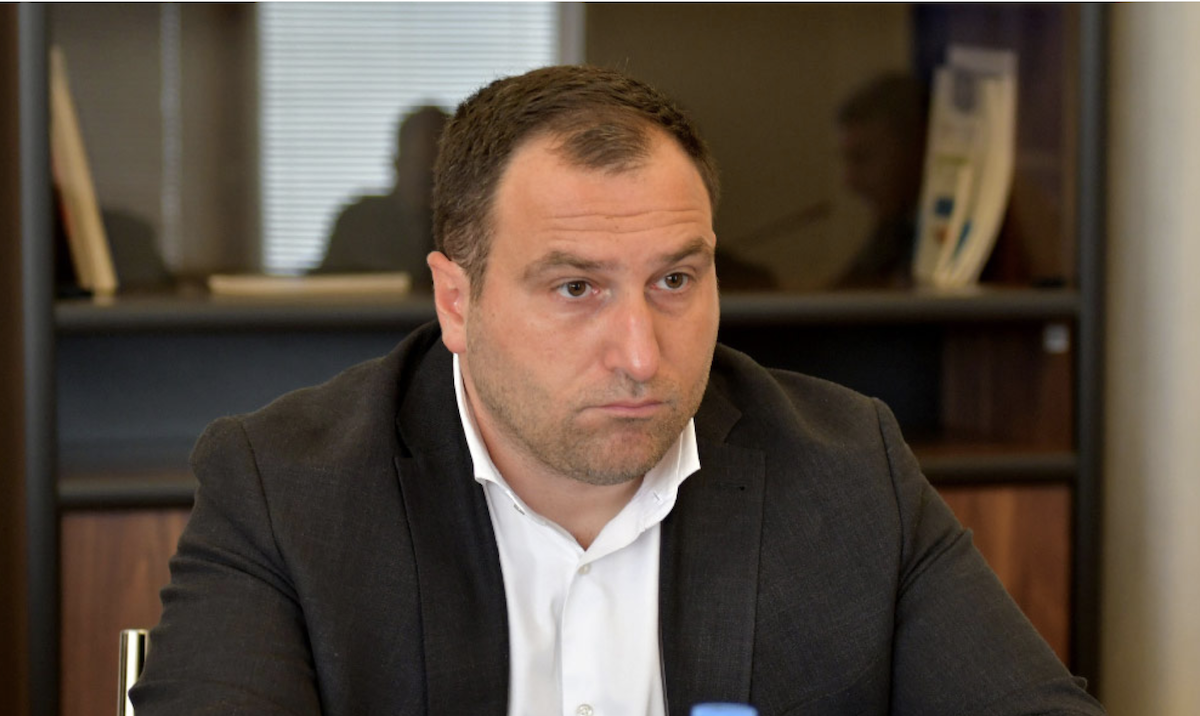Georgian Dream passes law banning opposition parties
Georgia bans political parties
The ruling party Georgian Dream has passed a law banning opposition political parties in its third reading. The bill was discussed under an accelerated procedure and will come into force after being signed by the Georgian Dream-affiliated president, Mikheil Kavelashvili.
According to the law, the Constitutional Court may prohibit a person associated with a banned party from:
- being a member of a political party;
- creating a political party;
- serving as a member of a party body;
- holding a party office;
- participating in elections as a candidate;
- assuming the powers of a member of an elected body or an elected official;
- holding a political office;
- heading a constitutional body.
At the plaintiff’s request, the satisfaction of the constitutional claim also entails:
- the grounds for terminating the powers of a member of parliament elected as a representative of a banned party;
- the termination of the powers of a member of any other representative body;
- the removal of the person from the party list.
A party that includes a person who is prohibited from engaging in party activities and holding political office will be denied registration. A party that has placed such a person on its list will be fined.
The bill was registered on 31 March 2025. It was preceded by a statement from former parliament member and current head of the State Security Service, Mamuka Mdinaradze, calling for the introduction of a “bill to declare successor parties of the United National Movement unconstitutional.”
Under the bill, initiated by Georgian Dream, Article 36 of the Law on Political Associations of Citizens would be supplemented with paragraph 2, according to which the Constitutional Court would be able to ban a party whose stated goals, core activities, and membership “essentially replicate” the stated goals, core activities, and personal composition of a party already banned by the Court.
According to the Georgian Young Lawyers’ Association, Georgian Dream’s initiative to prohibit political activity by certain individuals is incompatible with the Constitution of Georgia. The organization argues that the ban on participation in political activity for individuals associated with a party constitutes a vague and unjustified collective imposition of responsibility, which violates Article 11 of the European Convention on Human Rights.
Georgia bans political parties






















